From city stalls to remote rural areas, merchants have been using QR codes for payment.
The story of digital "revolution"
Ms. Nguyen Thi Nguyet still clearly remembers the day the first young customer picked up the phone and asked: “Do you accept money transfers?” At the age of 52, having sold vegetables at Thach Quang market for more than 10 years, she was only used to touching each bill to distinguish between real and fake. At that time, she could only shake her head.
"I was so scared, scared of losing money, scared of being cheated. But when other sellers gradually posted QR codes, customers also brought less cash, so I had to change. The first time I heard the "ting" sound of money coming in, I was as happy as if I had won the lottery. Two years later, the small QR sign has become a "savior" on rainy days when paper money is wet and crumpled, or late at night when it is difficult to distinguish real money from fake money. No need to worry about small change, no fear of customers giving me 500,000 VND bills and not having money to give back. More importantly, I can sleep well without fear of thieves," said Ms. Nguyet.
A short distance from Ms. Nguyet's vegetable stall, Ms. Le Thi Phuong is cleaning the POS machine - a new "friend" in her grocery business. "When the bank staff brought the machine, I thought it was very complicated, afraid that I would press the wrong button and lose all my money," Ms. Phuong recalls with a smile. But what changed her was not the pressure from customers, but the patience of the bank staff. "They came to my house, sat all day to teach me step by step. From how to plug in the power cord, how to enter the amount, to how to handle an error message. They even left their phone number, saying 'if you have any problems, just call me right away'."
Mr. Tran Van Tuan in Hoang Tien commune once thought that at the age of 60, the habit of spending money in cash would follow him for the rest of his life. Every month, paying the electricity bill became an unchangeable habit for him. At 7am, he left the house, walked to the village cultural house, then sat in line waiting for his turn to pay, spending almost the whole morning. But the smartphone his son gave him quietly changed his life. After his son registered a bank account and installed an application, he began to learn how to pay his electricity and water bills via phone. From that simple operation, the door to technology gradually opened. Mr. Tuan did not stop at paying fees but also started shopping online. "Now I can buy medicine, order online, and even transfer money to my children and grandchildren with just a few touches," Mr. Tuan shared.
The stories of rural digital revolution show that technology is not only changing the way we pay, but also the way we connect with each other and the world around us. It is transforming people who once felt alienated by social developments into tech-inspiring figures in their communities. And most importantly, it proves that age or education level are not insurmountable barriers when people have the will to adapt and are supported in the right way.
Synchronized infrastructure, comprehensive transformation
These positive changes come from the strong direction of authorities at all levels. In particular, the Provincial People's Committee has issued a synchronous policy system with 3 key plans: developing non-cash payments in the 2021-2025 period, digital transformation in schools and hospitals, and digitizing social security policies. From the Department of Education and Training, the Department of Health, to the People's Committees of communes, all have specific implementation plans and achieved positive results.
Regarding technical infrastructure, telecommunications enterprises have invested heavily in upgrading the system. The province currently has more than 9,433 mobile information transmission and reception stations, reaching a coverage rate of 99.66% of villages and hamlets. The total number of broadband internet subscribers reached 2.7 million, with a density of 73.3 subscribers/100 people. The payment system has also been comprehensively upgraded with 367 ATM/CDM machines and nearly 4,000 POS machines at 3,951 card payment acceptance points. Banks have implemented many preferential policies such as free account maintenance, money transfer fees, domestic card issuance, especially free services for social security beneficiaries.
These efforts have yielded impressive results. The province has more than 3.1 million active personal accounts, an average of nearly 2 accounts for each person aged 15 and over. The cumulative number of transactions since the beginning of 2025 has exceeded 251 million, with a turnover of more than 1.6 million billion VND, an increase of 67% in quantity and 15% in value over the same period last year. In particular, the rate of non-cash payments in various fields reached a high level: 97.24% of customers paid for electricity, 37% of customers paid for water, 68% of total tuition fees were collected by non-cash methods, 30% of total hospital fees, and 99.99% of taxes, fees, and charges. About 250,000 people received social security payments through accounts.
Despite many impressive results, the development of cashless payments in rural areas still faces many challenges. Propaganda work with people in rural areas, mountainous areas, ethnic minorities, and the elderly is still difficult due to the habit of using cash for a long time, lack of technological means, and concerns about safety. The banking network has not covered remote areas, and the number of points accepting cashless payments in these places is limited. High-tech crimes and fraud in electronic payments are becoming more complicated with sophisticated tricks through social networks, increasing the apprehension of a segment of the population. The lack of synchronization in infrastructure among service providers is also a barrier that needs to be overcome.
To continue developing cashless payments in rural areas, authorities at all levels are focusing on strengthening propaganda and raising people's awareness of the benefits of digital payments, with special attention to the fields of health , education and promoting cashless payments in social security payments. Telecommunications businesses continue to invest in expanding network infrastructure and developing 5G mobile broadband in key areas. The deployment of Mobile Money services is prioritized in rural, mountainous, remote and isolated areas. Banks are directed to strengthen security and safety measures, promote biometric information verification, and expand fee exemption and reduction policies to encourage people to use digital payment services.
With the determination of authorities at all levels, the enthusiastic support of banks and businesses, and the increasing acceptance of people, cashless payments will continue to develop strongly, contributing significantly to the digital transformation and modernization of rural areas.
Article and photos: Ngan Ha
Source: https://baothanhhoa.vn/thanh-toan-khong-dung-tien-mat-xu-huong-o-nong-thon-257566.htm




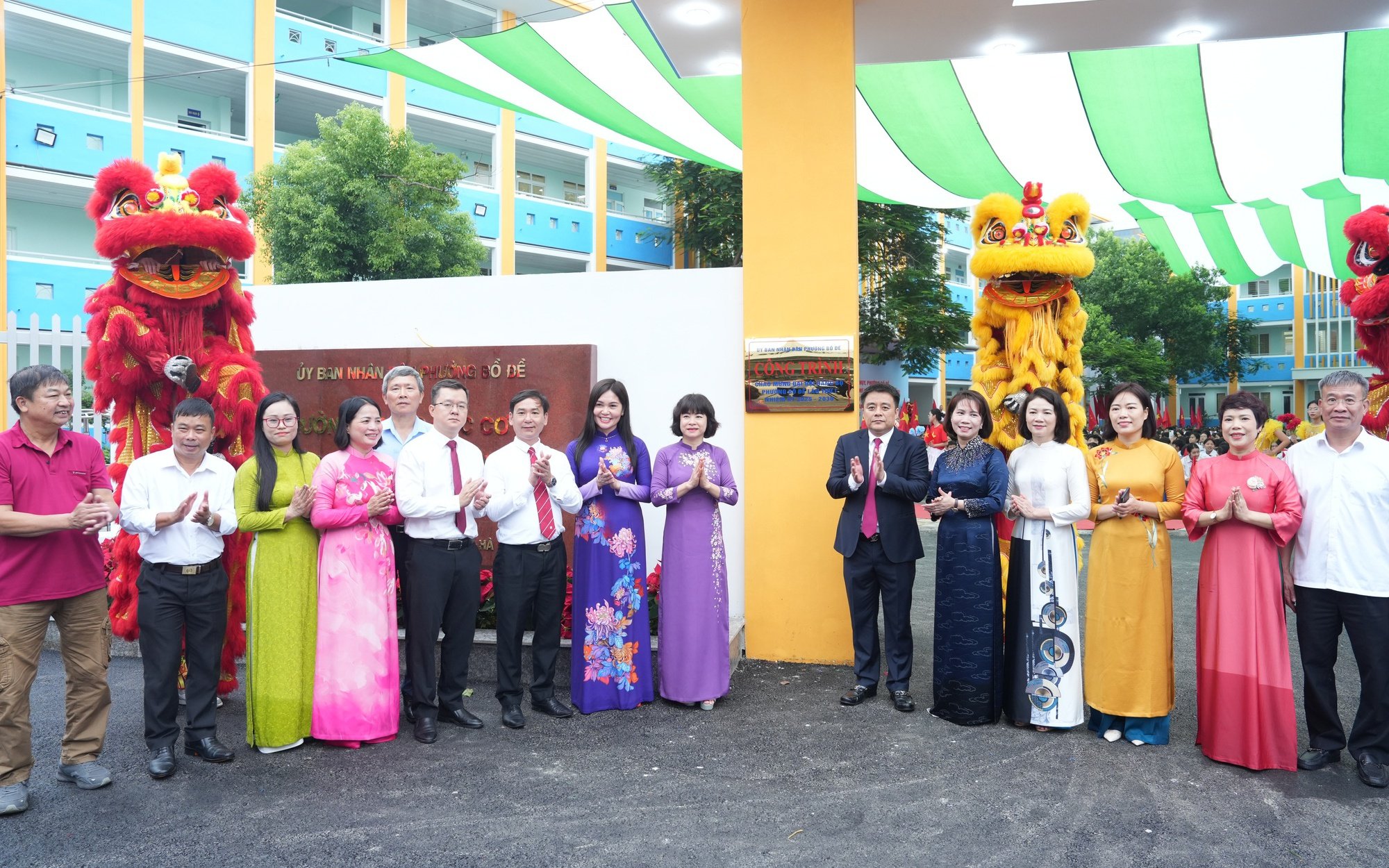
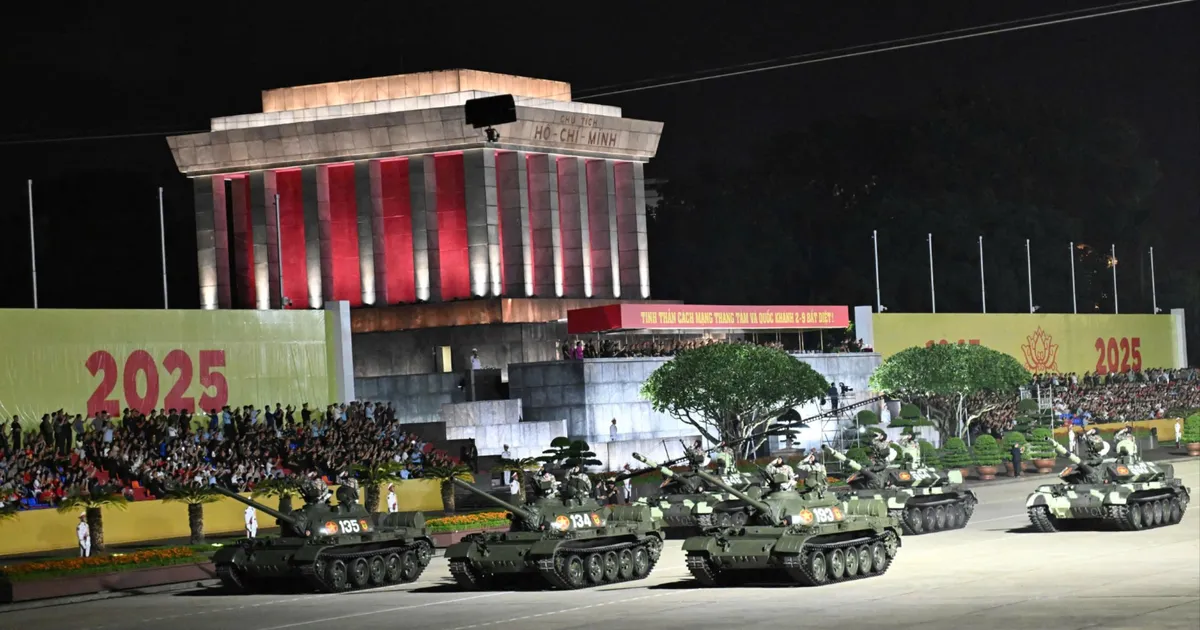
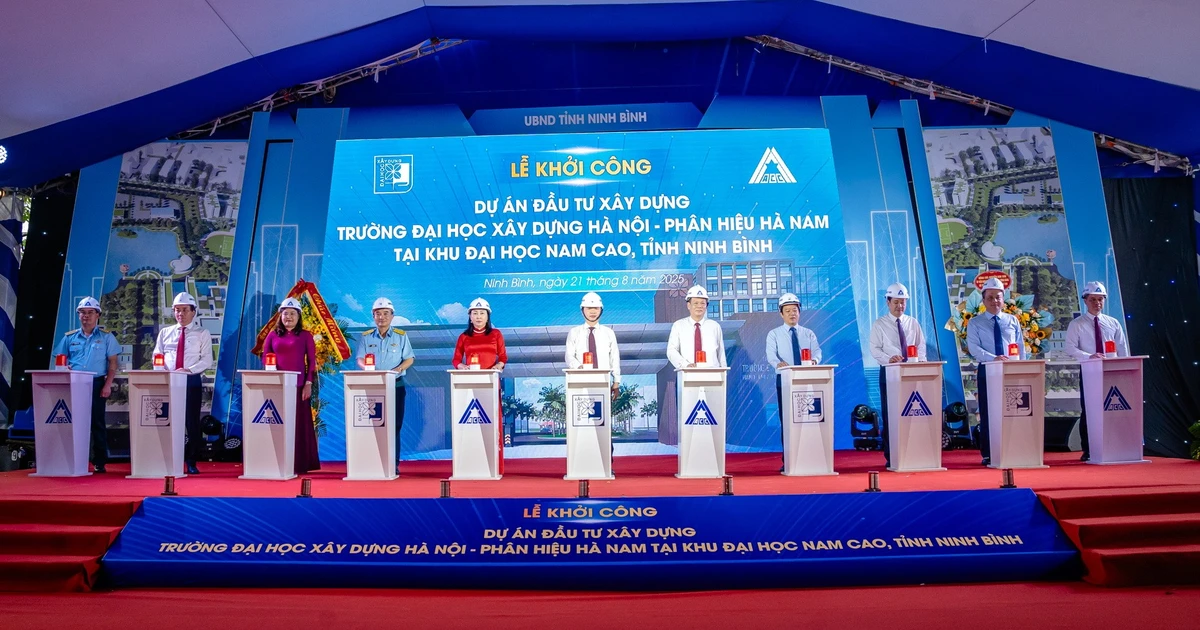
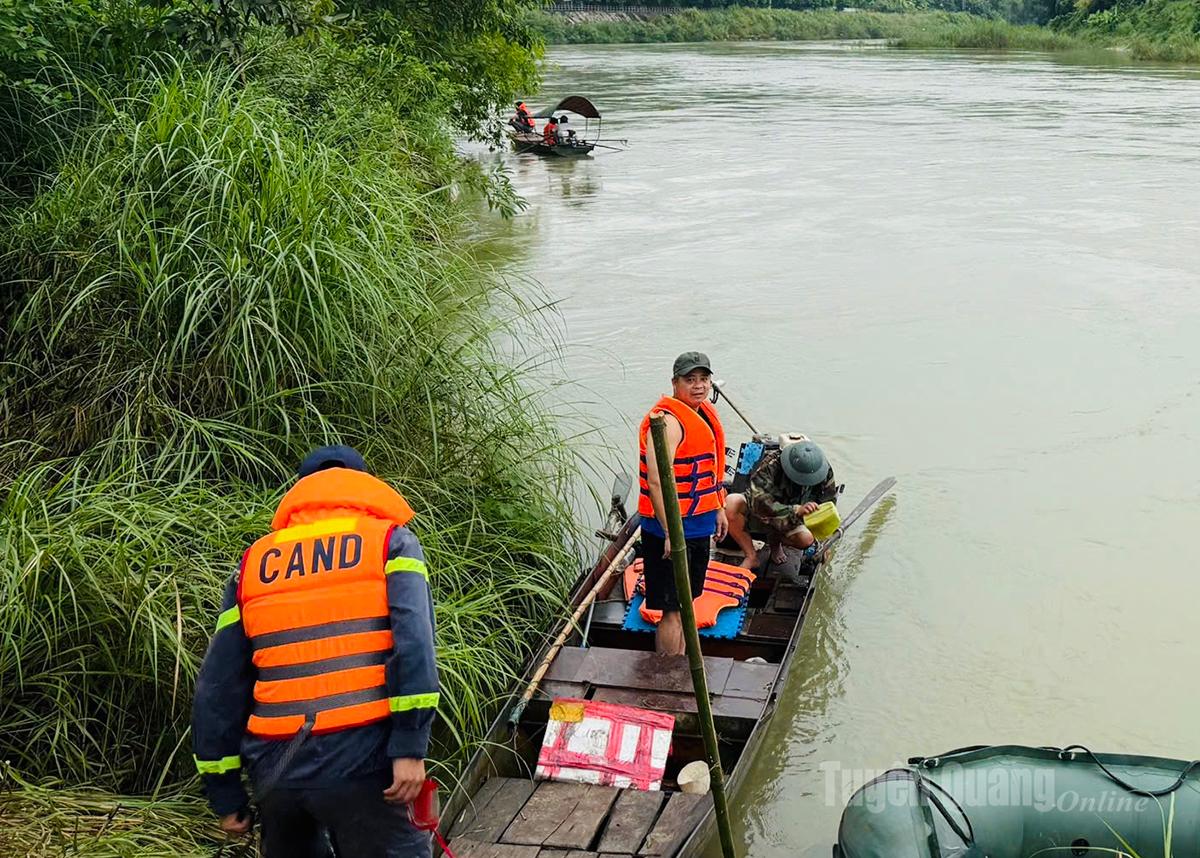
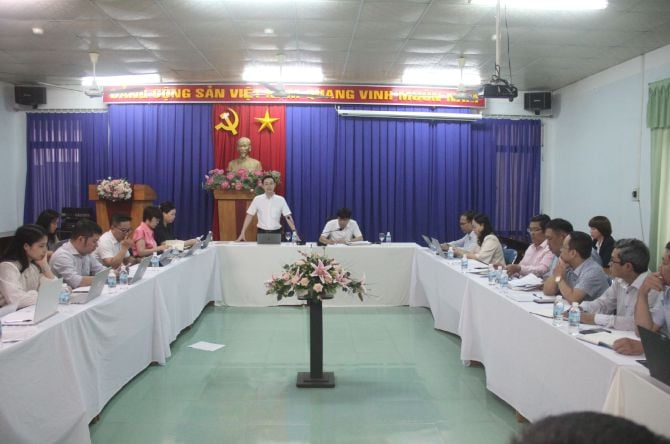

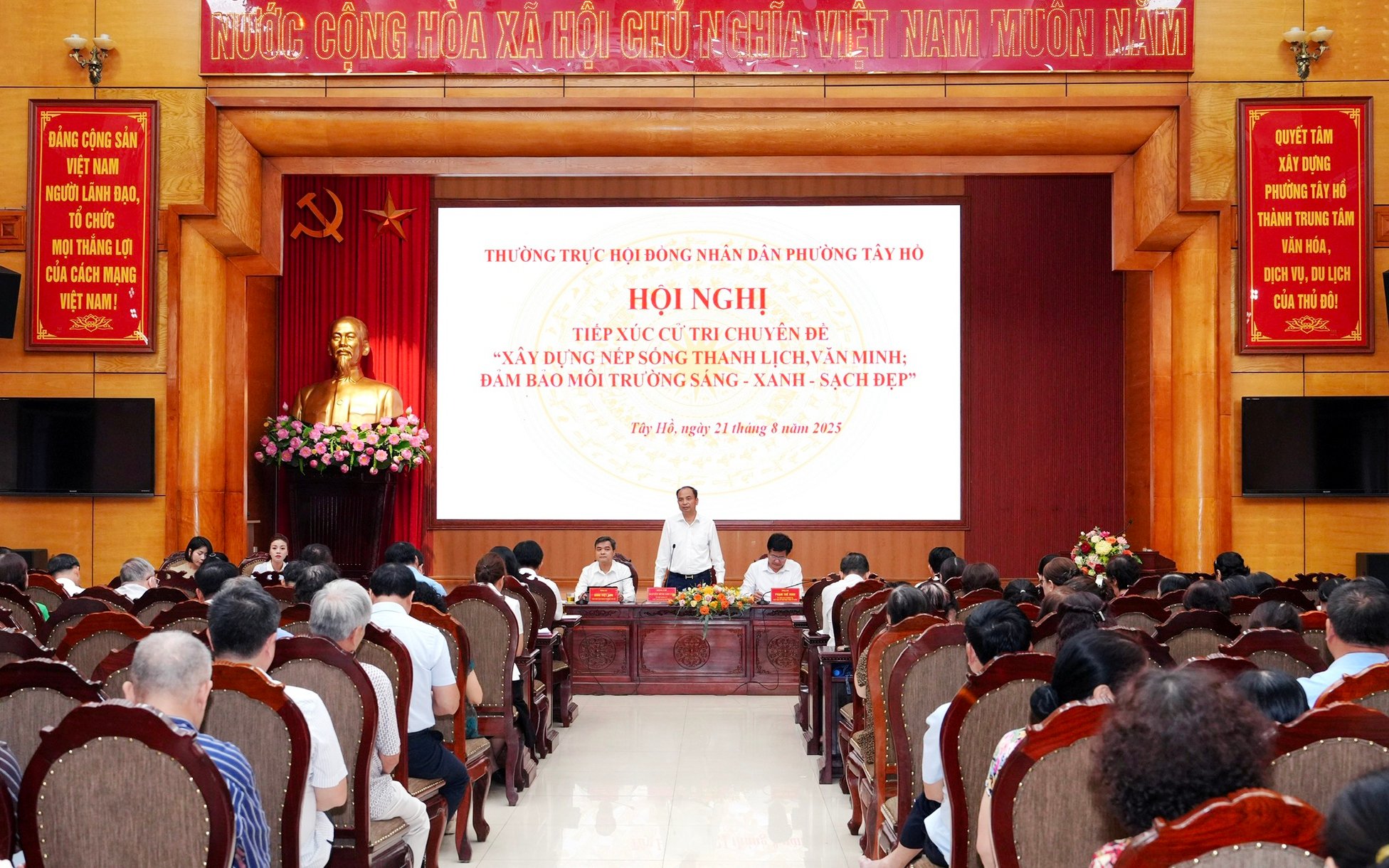
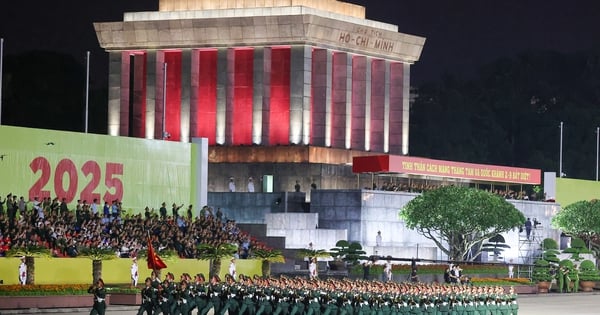

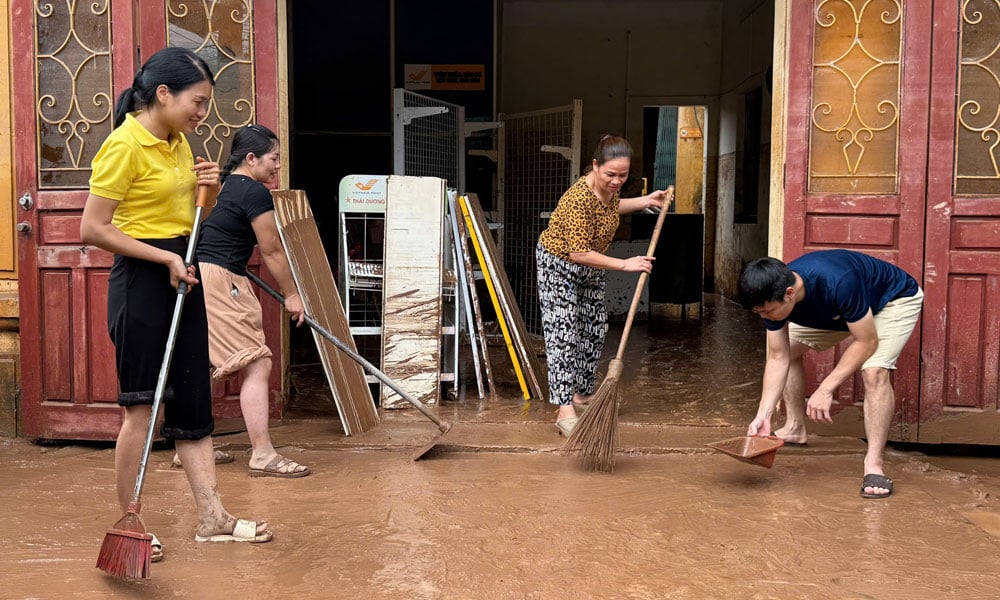
















![[Photo] An Phu intersection project connecting Ho Chi Minh City-Long Thanh-Dau Giay expressway behind schedule](https://vstatic.vietnam.vn/vietnam/resource/IMAGE/2025/8/21/1ad80e9dd8944150bb72e6c49ecc7e08)


































![[Photo] Politburo works with the Standing Committee of Hanoi Party Committee and Ho Chi Minh City Party Committee](https://vstatic.vietnam.vn/vietnam/resource/IMAGE/2025/8/21/4f3460337a6045e7847d50d38704355d)
































Comment (0)